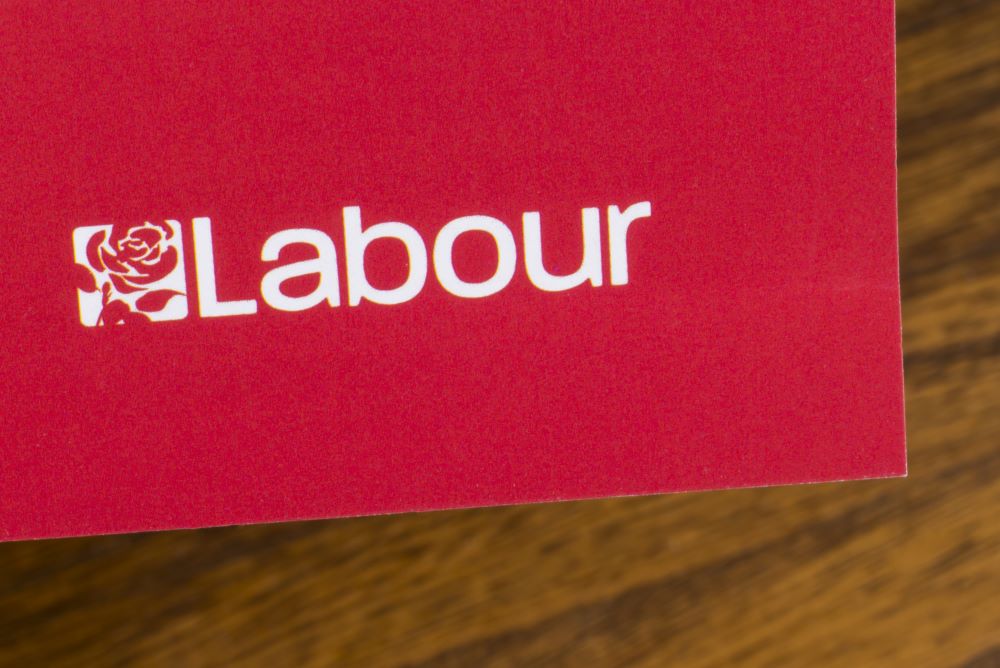
A day after the prime minister, Rishi Sunak, laid out his five promises to the British people, it was the turn of Labour leader, Sir Keir Starmer, to present an alternative vision for the country.
Starmer focused on rebuilding public services using a new partnership approach between government, the private sector and unions. He also pledged to repeal any anti-strike legislation introduced in the coming weeks by the government.
And he described this as a new approach to the power of government, one that is “more strategic, more relaxed about bringing in the expertise of public and private, business and union, town and city, and using that partnership to drive our country forward.”
Changing battleground
In a bid to appeal once more to former Labour voters who switched allegiance due to Brexit, Starmer appropriated the “take back control” slogan coined by Dominic Cummings and Vote Leave.
The Holborn and St Pancras MP claimed he was moving it on “from slogan to solution” and said it meant handing responsibility for local decisions to local communities, offering to place a package to decentralise and devolve power from Westminster at the heart of the first King’s Speech under any Labour government.
There was also the now ever-present pledge not to indulge in excessive or reckless government spending as the party seeks to deliver what Starmer promised would be “a decade of renewal”.
He spoke of not being able to use a “big government cheque book” to solve crises in UK public services.
No 'spending out'
“We won’t be able to spend our way out of their mess,” he said. “It’s not as simple as that.”
Grace Thompson, public affairs adviser at the Institute for Export & International Trade (IOE&IT) described the speech as reminiscent of the one Starmer delivered at Labour Conference last year, with the same underpinning narrative of recapturing a basic, ordinary hope.
She added:
“If the Prime Minister's speech was focused on attacking a 'narrative of decline', Starmer's was likewise focused on an attack. He attacked “sticking-plaster politics” - a phrase he used eight times throughout the speech and which he described as being perpetuated both by the Conservative government and by the ‘whole Westminster system’.
“His announcement of a 'Take Back Control Bill’ is one of the first solid pieces of legislation Starmer has proposed for his potential government, although the detail is yet to be laid out. The fact that their landmark piece of legislation is centred around a reformed vision of levelling-up reflects the direction of priorities the next Labour government is likely to focus on.
“The leader of the opposition also promised that more announcements around a Labour government's missions would be made in the coming weeks. We will be watching these closely on behalf of our members".
Expert reaction
Wider media reaction to Starmer's speech has been mostly positive, although CityA.M. reports that, despite the repeated claims not to open the “big government chequebook” there remains scepticism about the details of Labour’s economic plans.
Under the heading of Blair Necessities, an editorial in The Times also called for greater detail on potential future policies, claiming that despite a 20-point poll lead, the party “lacks a positive case for power”.
Political response
Reacting to both Starmer and Rishi Sunak’s speeches this week, the SNP claimed that they merely showed that the at the next election the country “faced a choice of two Tory prime ministers”.
With a general election potentially still two years away, both leaders are seeking to be seen as the owners of the political centre ground – with Sunak’s pledge card approach echoing Tony Blair and Sir Kier clearly appropriating slogans from the Boris Johnson playbook.



